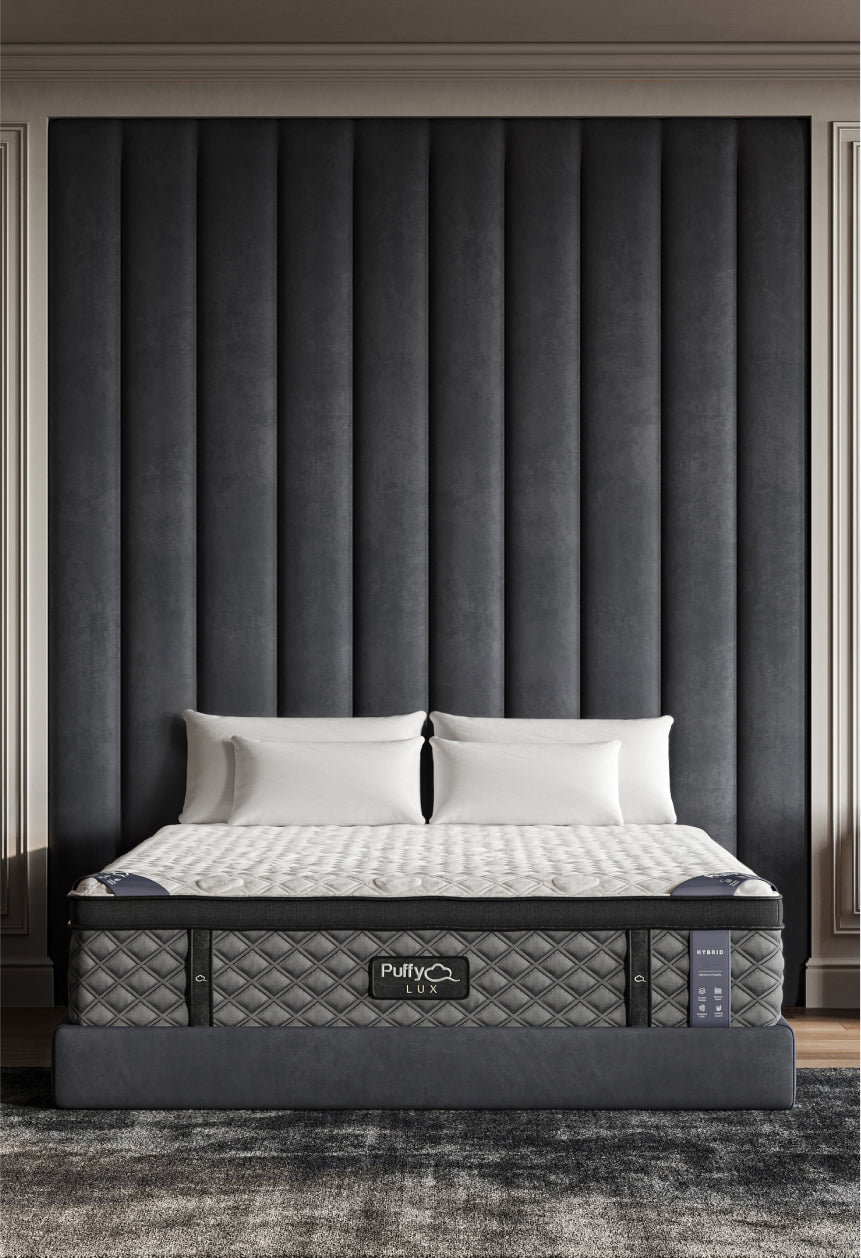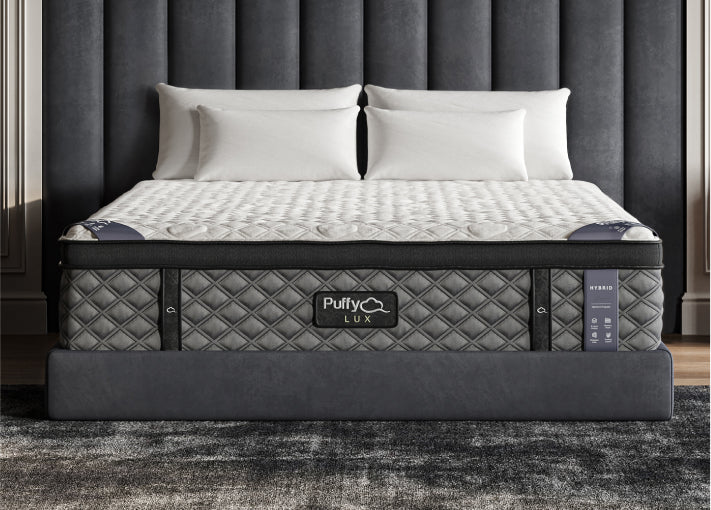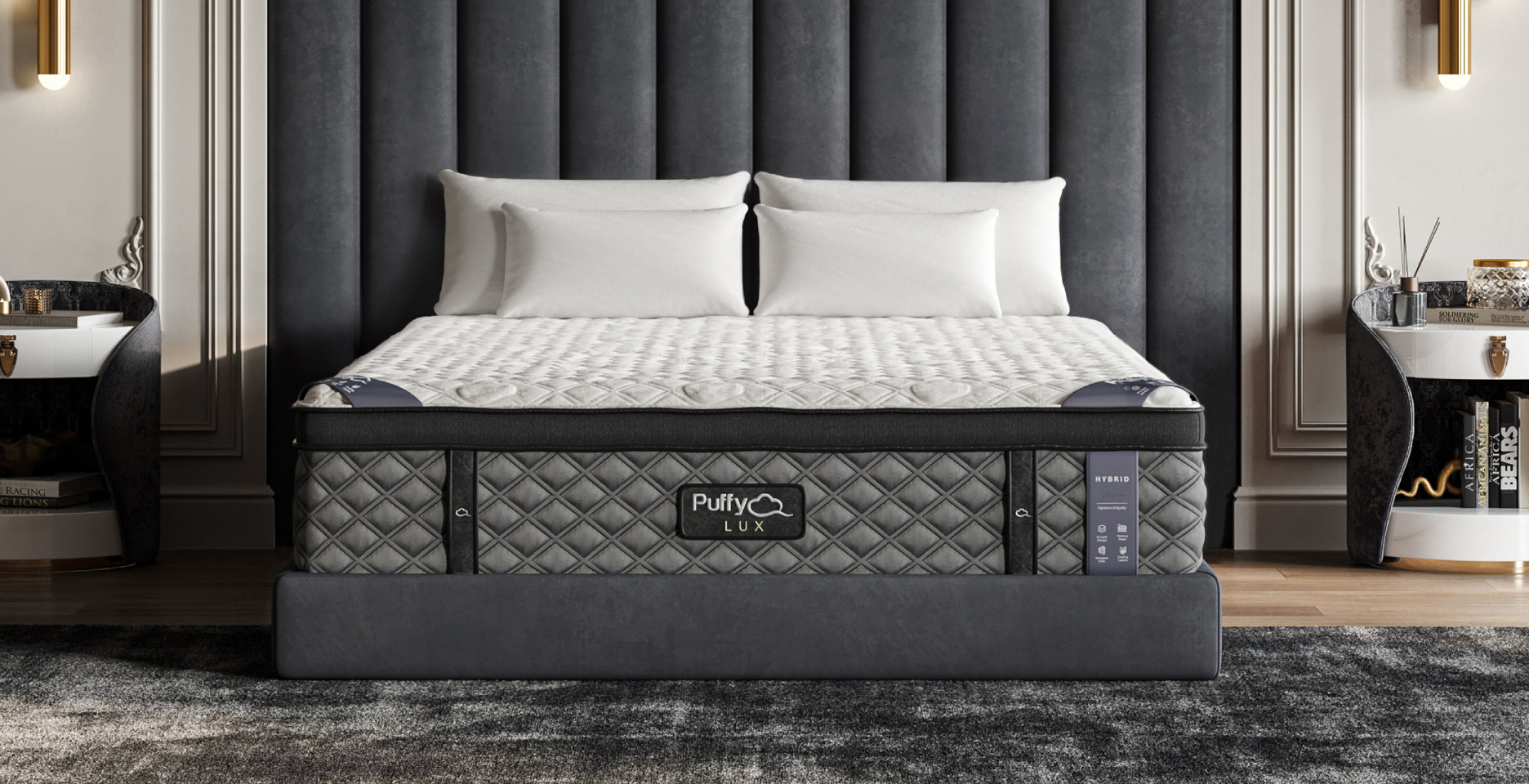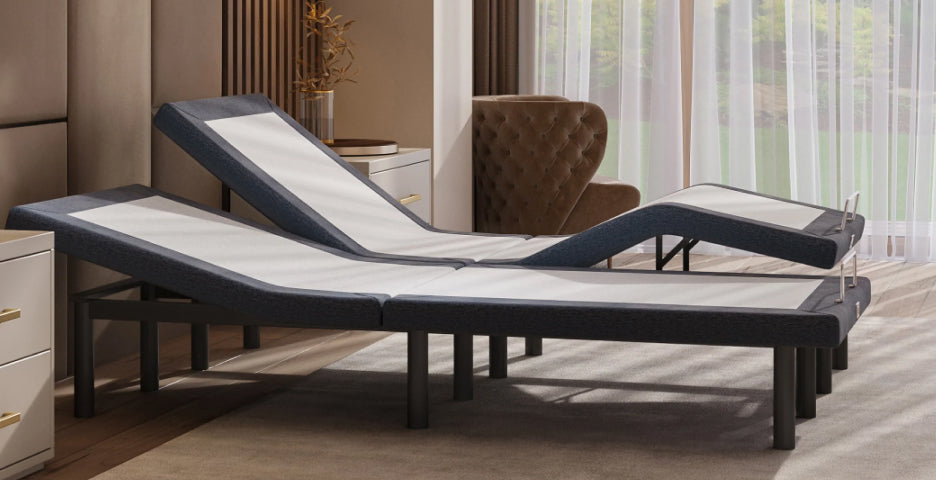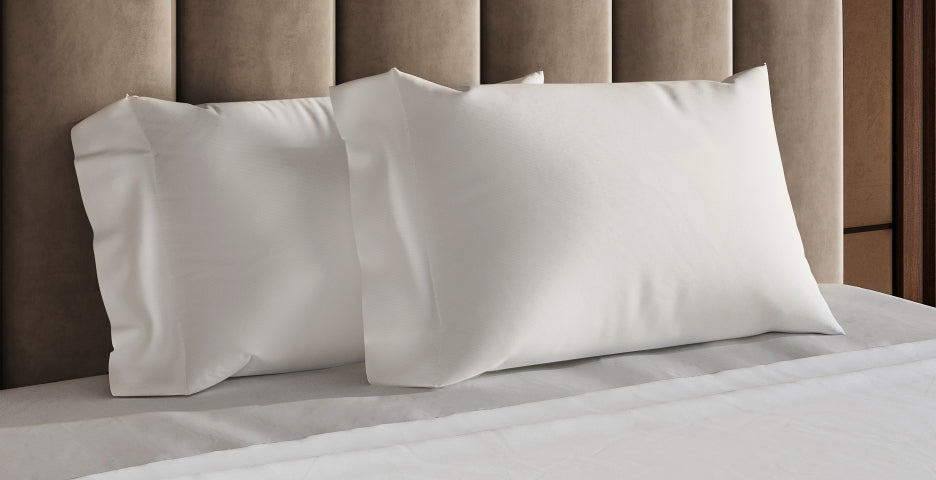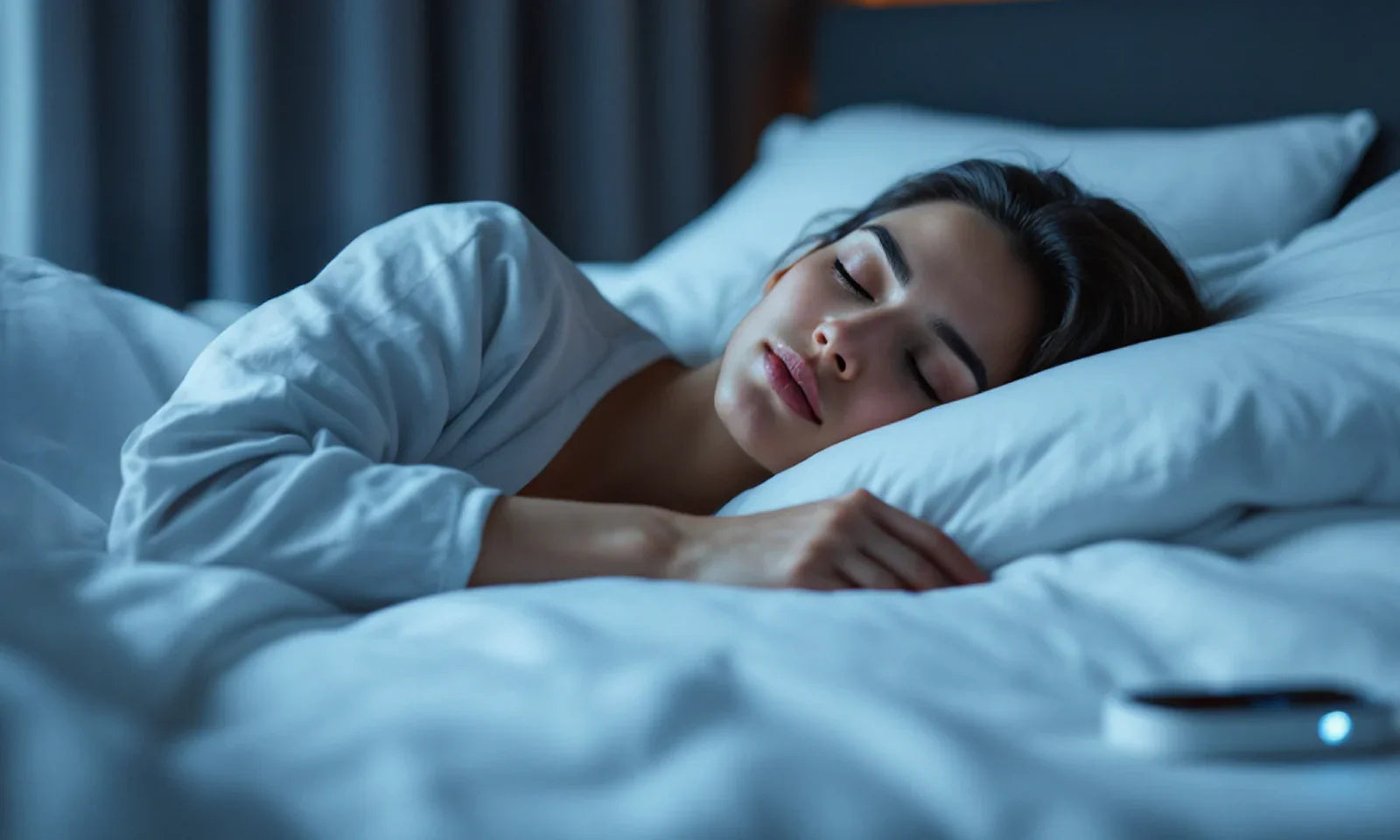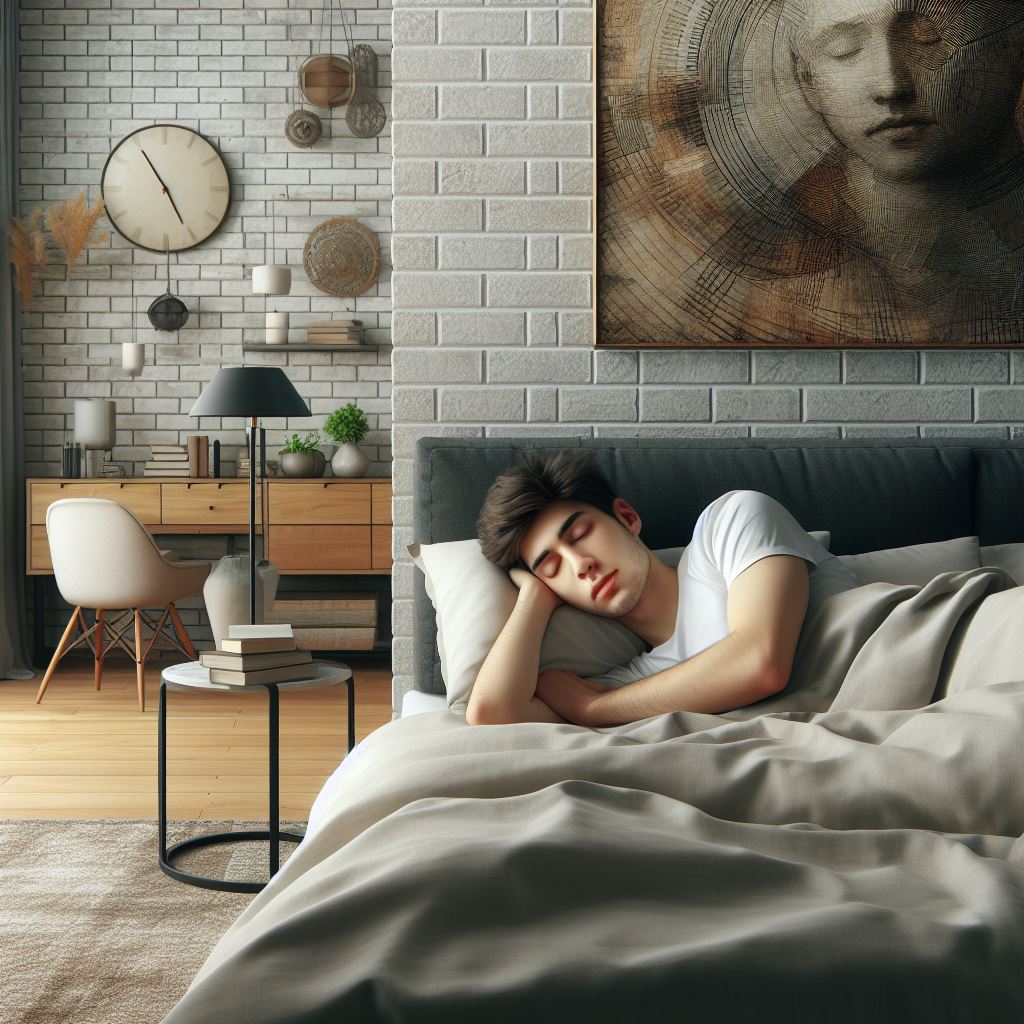May is Better Sleep Month, a time dedicated to raising awareness about the importance of good sleep and how it affects our health and well-being. This month, we focus on understanding the significance of sleep, improving our sleep environments, and adopting habits that lead to better rest.
In this comprehensive guide, we’ll explore the history of Better Sleep Month, why sleep is crucial, and practical tips for achieving quality sleep.
Better Sleep Month
Better Sleep Month, celebrated every May, emphasizes the importance of sound sleep and encourages people to prioritize their sleep health. It serves as a reminder to assess and improve sleep habits, creating a foundation for better overall health and well-being.
Goals of Better Sleep Month
Better Sleep Month aims to:
- Raise Awareness: Educate the public about the critical role of sleep in maintaining overall health.
- Promote Better Sleep Habits: Encourage individuals to develop and maintain healthy sleep practices.
- Highlight the Importance of a Good Mattress: Emphasize how a quality mattress contributes to better sleep.
- Provide Resources: Offer practical advice, tips, and resources to help people improve their sleep quality.
History of Better Sleep Month
Better Sleep Month was established by the Better Sleep Council, a nonprofit organization that aims to educate the public about the value of a good night’s sleep and the role a quality mattress plays in achieving it.
The initiative began in the 1980s as a way to highlight the benefits of sound sleep and to encourage people to assess and improve their sleep habits.
Each May, the Better Sleep Council provides resources and information to help people recognize the importance of sleep. They promote the idea that a comfortable sleep environment and a consistent sleep routine are key components of overall health.
Origins and Impact
The Better Sleep Council recognized that many people were not aware of the significant impact that sleep has on their health and daily functioning. They aimed to create a dedicated time each year to focus on sleep education and promote better sleep practices.
Over the years, Better Sleep Month has grown in popularity and impact. It has successfully raised awareness about sleep health and encouraged many people to make positive changes in their sleep habits.
Why Is Sleep Important?
Sleep is essential for maintaining physical and mental health. Here are some reasons why getting enough sleep is crucial:
- Physical Health: Sleep plays a vital role in healing and repairing your heart and blood vessels. Chronic sleep deficiency is linked to an increased risk of heart disease, kidney disease, high blood pressure, diabetes, and stroke.
- Mental Health: Adequate sleep helps regulate mood and cognitive function. Lack of sleep can lead to irritability, depression, and impaired decision-making.
- Immune Function: Sleep supports the immune system. During sleep, your body produces cytokines, proteins that help fight infection and inflammation.
- Weight Management: Poor sleep is linked to weight gain and obesity. It affects the hormones that regulate hunger and appetite, leading to increased cravings for high-calorie foods.
One million Americans are sleeping better with Puffy. Compare our award-winning mattress collection against other brands to learn why: Puffy vs Purple, Puffy vs Nectar, Puffy vs Casper, Puffy vs Leesa, Puffy vs Saatva, Puffy vs Dreamcloud, and Puffy vs Tuft & Needle.
Sleep Environment
Creating an ideal sleep environment is crucial for achieving quality rest. Here are some tips to optimize your sleep space:
Comfortable Mattress and Bedding
Investing in a high-quality mattress and pillows, can significantly enhance your sleep. A good mattress supports your body and reduces pressure points, leading to fewer disturbances during the night.
Room Temperature
Keep your bedroom cool, between 60-67°F (15-19°C), as this temperature range is ideal for most people to sleep comfortably.
Noise and Light
Reduce noise and light in your bedroom. Consider using blackout curtains, earplugs, or a white noise machine to create a serene sleep environment.
Declutter
A tidy room promotes relaxation. Keep your bedroom free from clutter and distractions to create a peaceful atmosphere conducive to sleep.
Investing in a Puffy Lux Mattress can provide the comfort and support you need for a restful night’s sleep, helping you maintain a healthy sleep routine.
How to Get Better Sleep?
Improving your sleep involves adopting good habits and practices. Here are some effective strategies to help you get better sleep:
Establish a Sleep Schedule
Maintaining a consistent sleep schedule is one of the most effective ways to improve sleep quality. Aim to go to bed and wake up at the same time every day, even on weekends. Consistency helps regulate your body’s internal clock, making it easier to fall asleep and wake up naturally.
Create a Bedtime Routine
Developing a relaxing pre-sleep routine can signal to your body that it’s time to wind down. This routine can include activities such as:
- Reading a Book: Choose a calming book to help you relax.
- Taking a Warm Bath: A warm bath can help relax your muscles and prepare your body for sleep.
- Practicing Relaxation Exercises: Deep breathing, meditation, or gentle yoga can help calm your mind and body.
Limit Screen Time
Exposure to screens before bed can interfere with your sleep. The blue light emitted by phones, tablets, and computers can disrupt your circadian rhythm. Try to avoid screens at least an hour before bedtime. Instead, engage in calming activities that don’t involve screens.
Watch What You Eat and Drink
Your diet can significantly affect your sleep quality. To promote better sleep, consider the following tips:
- Avoid Large Meals Before Bed: Eating large meals can cause discomfort and indigestion, making it harder to fall asleep.
- Limit Caffeine and Alcohol: Both caffeine and alcohol can disrupt sleep. Try to avoid them in the hours leading up to bedtime.
- Stay Hydrated: Drink enough water throughout the day, but avoid excessive fluid intake before bed to prevent frequent trips to the bathroom.
Get Regular Exercise
Regular physical activity can help you fall asleep faster and enjoy deeper sleep. However, avoid vigorous exercise close to bedtime, as it can have the opposite effect. Aim to complete your workout at least a few hours before you plan to go to bed.
How Much Is Enough Sleep?
The amount of sleep you need varies depending on your age and individual needs. Here are the general recommendations:
- Newborns (0-3 months): 14-17 hours
- Infants (4-11 months): 12-15 hours
- Toddlers (1-2 years): 11-14 hours
- Preschoolers (3-5 years): 10-13 hours
- School-age children (6-13 years): 9-11 hours
- Teenagers (14-17 years): 8-10 hours
- Adults (18-64 years): 7-9 hours
- Older adults (65+ years): 7-8 hours
As a parent balancing work, kids, and pets, I’ve learned the hard way that quality sleep is non-negotiable. After many sleepless nights and tired mornings, we decided to overhaul our sleep environment.
We invested in a Puffy Lux Mattress, which made a huge difference. The supportive and comfortable mattress helped us sleep more soundly, and the improvement in our overall energy levels was noticeable.
Creating a bedtime routine for the whole family, reducing screen time before bed, and ensuring our bedroom was a haven of peace and comfort all contributed to better sleep for everyone. It’s incredible how a few changes can lead to such significant improvements in sleep quality and daily life.
Conclusion
Better Sleep Month is a reminder of the importance of prioritizing sleep for our health and well-being.
By understanding the benefits of good sleep, optimizing your sleep environment, and adopting healthy sleep habits, you can significantly improve your quality of rest.
Investing in a quality mattress can further enhance your sleep experience, ensuring you wake up refreshed and ready to take on the day.
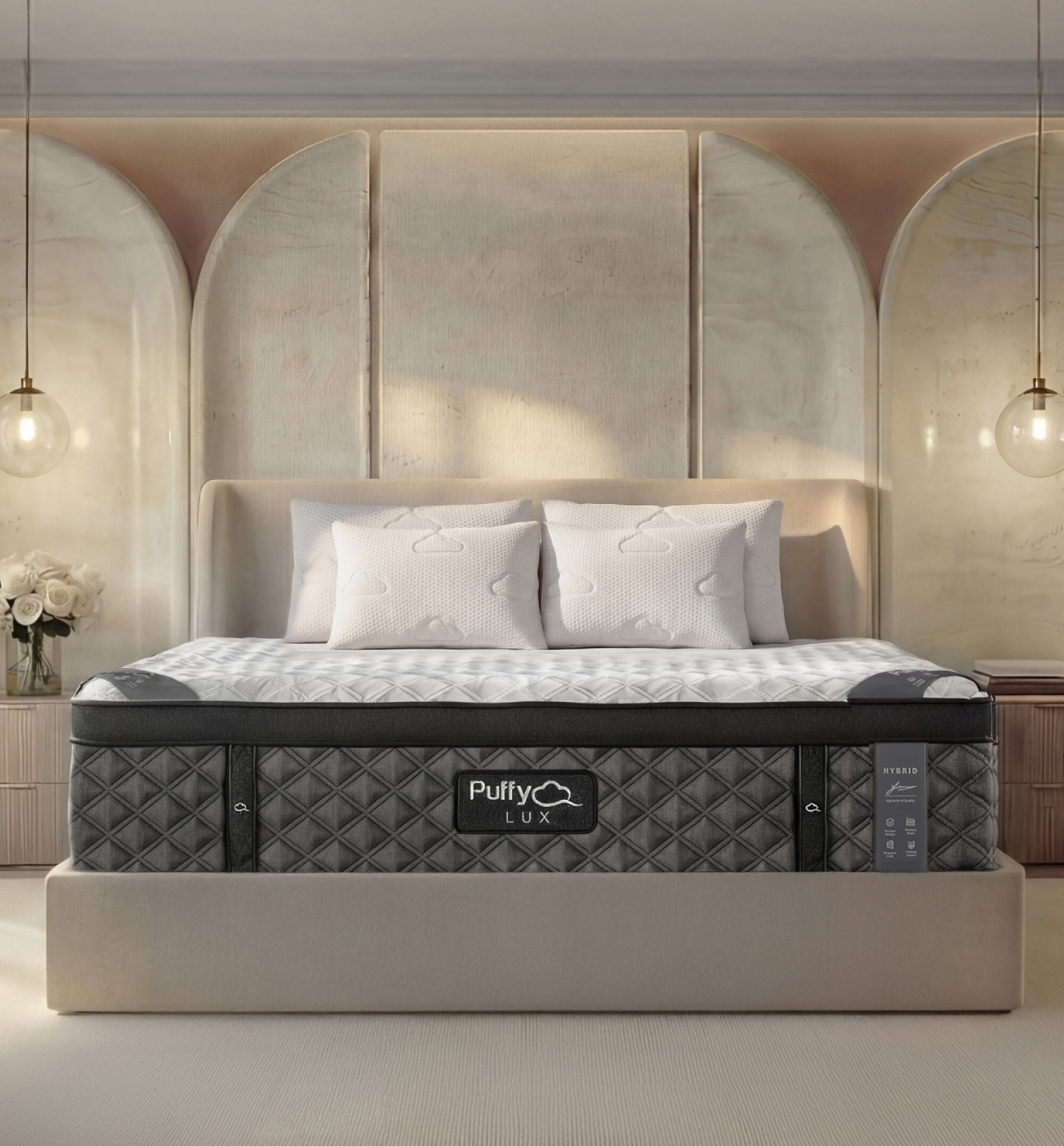
$1,350 in savings
Transform your comfort with the Puffy Lux.
Relax into award-winning comfort with this hybrid mattress:
- 8 layers of cloudlike luxury.
- Medium-plush feel.
- Gel-infused cooling.
- 101-night sleep trial.
